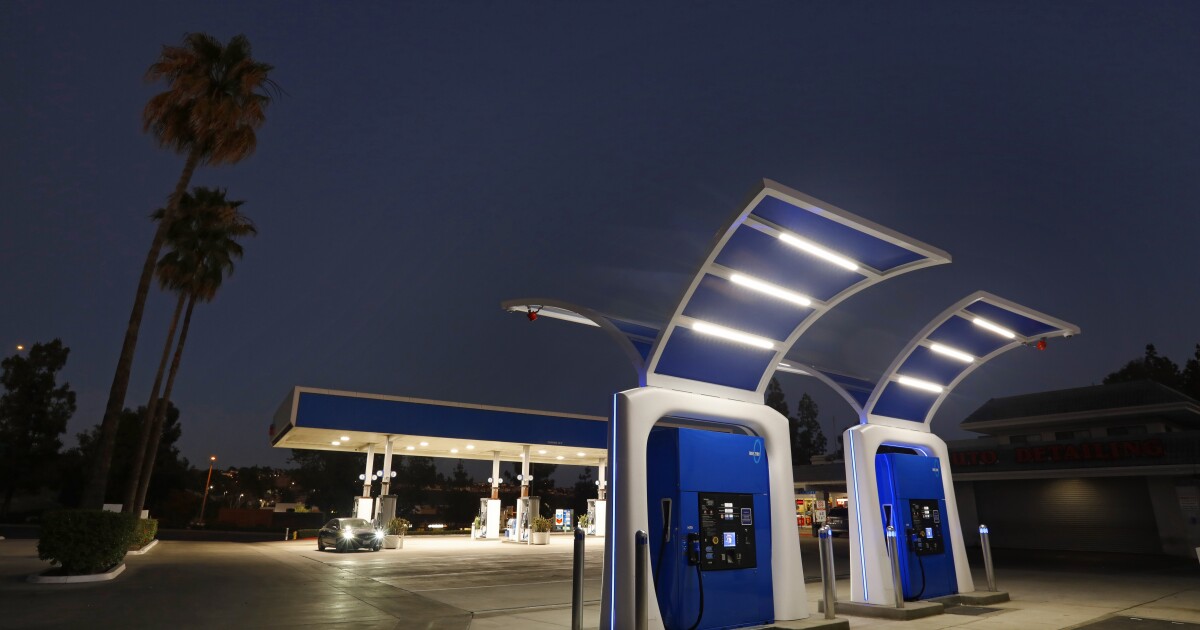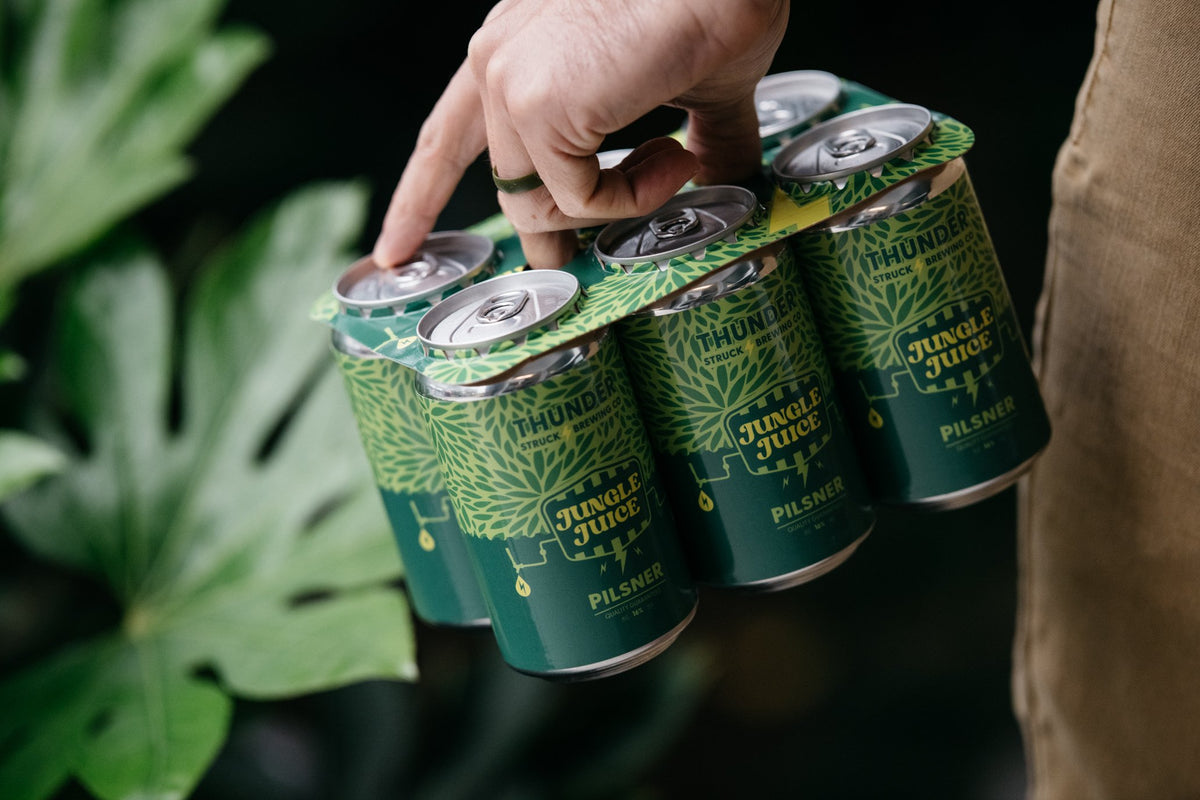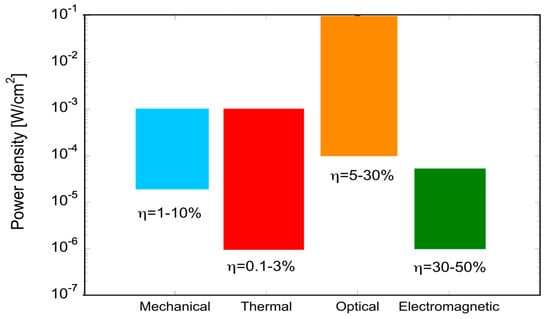News - Trash to treasure – researchers turn metal waste into catalyst for hydrogen - University of Nottingham
Scientists have found a way to transform metal waste into a highly efficient catalyst to make hydrogen from water, a discovery that could make hydrogen production more sustainable.
A team of researchers from the University of Nottingham's School of Chemistry and Faculty of Engineering have found that the surface of swarf, a byproduct of the metal machining industry, is textured with tiny steps and grooves on a nanoscale level. These textures can anchor atoms of platinum or cobalt, leading to an efficient electrocatalyst that can split water into hydrogen and oxygen. The research has been published in the Journal of Material Chemistry A of the Royal Society of Chemistry.
Hydrogen is a clean fuel that can be used to generate heat or power vehicles, and the only byproduct of its combustion is water vapor. However, most hydrogen production methods rely on fossil fuel feedstock. Electrolysis of water is one of the most promising green pathways for hydrogen production, as it only requires water and electricity.
The industry is facing a challenge with water electrolysis, as this process requires rare and expensive elements like platinum to catalyse the water splitting. With the limited global supply and increasing prices of precious metals, there is an urgent need for alternative electrocatalyst materials to produce hydrogen from water.
























